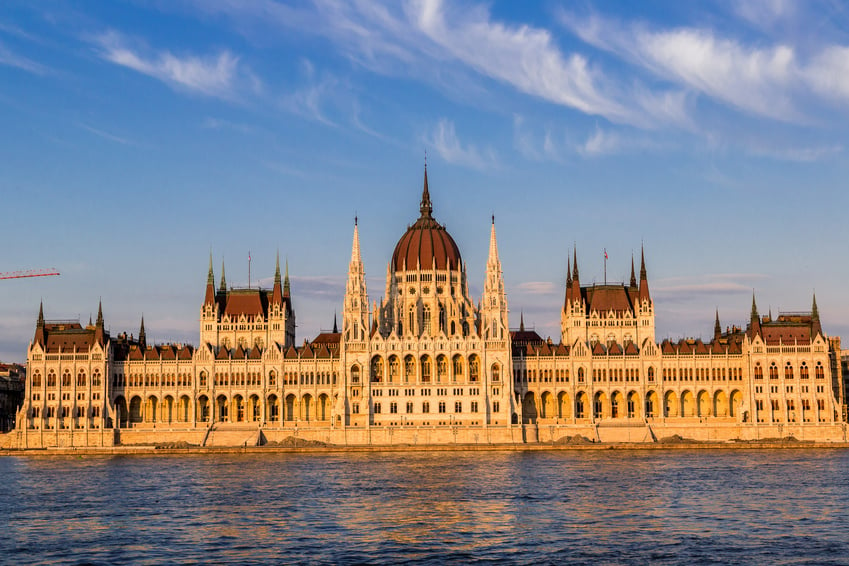In brief
The National Institute of Pharmacy and Nutrition (“OGYÉI“) has issued new decisions on its webpage concerning pharmaceutical promotional activities and interactions with HCPs in which the commercial practices of two pharmaceutical companies were investigated and fines were imposed due to alleged infringements. The key findings of the decisions are as follows:
Contents
- In depth
- Certain types of contracts concluded with HCPs for professional services were considered unlawful commercial practices
- Inaccurate promotional materials
- Infringements concerning free medicine samples and medicine donation
- Provision of prohibited gifts to HCPs
- No business meals to HCPs
- Referral events must also be notified to the OGYI
In depth
Certain types of contracts concluded with HCPs for professional services were considered unlawful commercial practices
Contracts with HCPs for preparing marketing materials related to the medicinal products of the investigated company
The OGYÉI identified contracts through which the company provided unlawful financial benefits to HCPs. The subject-matter of the contracts was to prepare marketing materials related to the medicinal products distributed by the company under investigation and to contribute to the development of professional messages used in promotional materials. The OGYÉI highlighted that it was an obvious legislative purpose to avoid legal relationships between HCPs and pharma companies which would be capable of influencing the professional views of HCPs to foster the promotion of medicinal products. Furthermore, in the case under investigation, the HCP’s activity under the contract was conducted only verbally, at personal meetings, therefore the actual performance could not be proven either by the company or the HCPs upon request of the OGYÉI.
In addition, the OGYÉI identified contracts concluded with HCPs the subject-matter of which was to prepare a personal case study to be used in promotional materials for the company. According to the OGYÉI, these contracts were not intended to share the independent and unbiased professional knowledge of the HCP but to foster the procurement, sale and consumption of the company’s medicinal product. The OGYÉI highlighted that the merits and quality of the scientific work can ensure that scientific mandates may be distinguished from the commercial practice of the pharmaceutical company. Considering the fact that the studies published in the company’s promotional publication were deemed to lack the necessary scientific merit and professional quality, the remuneration provided to HCPs was considered to be disproportionate.
Contracts for services not related to the healthcare activities of HCPs
The OGYÉI investigated and challenged contracts concluded for so-called “role play” activities. Under such contracts, the HCPs carried out situational activities during which they played the role of an HCP and provided feedback to the company’s medical sales representatives who “visited” them. In line with former OGYÉI case-law, the OGYÉI stated that the subject-matter of these contracts was unrelated to the professional activity of HCPs, thus the performance of the contracts did not require such preparatory work from HCPs that could justify the quid pro quo of the contracts.
Contracts for holding professional presentation with promotional content
Contracts aiming at speaker activities at company roundtables were also investigated where the OGYÉI objected that beyond their professional content, they were intended to facilitate the commercial practice of the company under investigation. The OGYÉI highlighted that HCPs may be contracted for holding professional presentations but during the implementation of such contracts, the professional independence of the HCP shall always prevail. When assessing the contracts, the OGYÉI found that they were intended to foster the commercial practice and the promotion of certain medicinal products of the company. Based on the above, the OGYÉI stated that HCPs should not participate in the marketing activity of pharmaceutical companies to avoid improper influencing of the professional independence and impartiality of HCPs.
Inaccurate promotional materials
The OGYÉI objected to certain of the companies’ promotional materials intended for HCPs because they did not indicate (i) the quotes from scientific sources, (ii) the exact source and/or the publication date of tables and other illustrative materials, (iii) the symbol and/or warning text indicating that the medicinal product is under increased supervision.
The OGYÉI also stated that they believed the promotional materials were inaccurate, not verified by scientific literature, furthermore they contained statements which were not in accordance with the summary of product characteristics.
Infringements concerning free medicine samples and medicine donation
The OGYÉI found that the companies under investigation provided free medicine samples and medicine donations directly to HCPs. Under the applicable regulations, free medicine samples and medicine donations shall only be provided to healthcare institutions through the chief institutional pharmacist.
Provision of prohibited gifts to HCPs
The OGYÉI investigated the sales incentives and their value provided to HCPs as well as the commercial practice on the handover of such gifts. The OGYÉI stated that although the value of the gifts was below the statutory limit, the gifts provided to HCPs were not related to the healthcare activities of HCPs, therefore the provision of such gifts were considered unlawful.
No business meals to HCPs
The company under investigation provided hospitality to HCPs outside of professional-scientific events. The Authority highlighted that the prohibition of benefits shall be applied to every situation where gifts or benefits in kind are provided to HCPs in connection with any direct or indirect commercial practice of the promoter of medicinal products, irrespective of the relationship between the gift giver and the gifted person and irrespective of whether promotional activity was being conducted related to a certain medicinal product.
Referral events must also be notified to the OGYÉI
In accordance with former case-law of the OGYÉI, so-called referral events held by the company to physicians and pharmacists must also be notified to the OGYÉI because such events are professional events to which the statutory notification requirement must be applied.
The extracts of the OGYÉI decisions are available at the following link:



